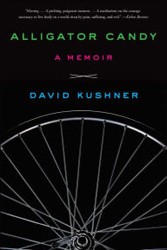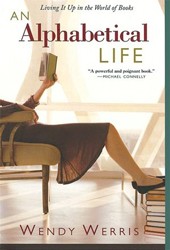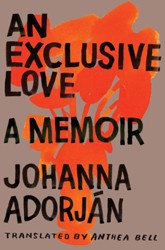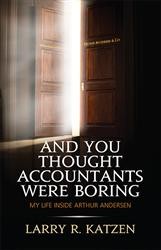By
– May 24, 2012
Claude Lanzmann may be known in America primarily as the director of Shoah, the nine and a half hour documentary on the Holocaust, but readers of his newly-translated memoir will discover that the making of Shoah was a relatively brief — though significant — part of this Frenchman’s remarkable life story.
Born in 1925, Lanzmann was just a teenager when he fought with the French Resistance in World War II. When the war ended, Lanzmann went to Paris to study philosophy — and the art of seducing beautiful women, stealing textbooks, and carousing the boulevards. Before long Sartre and de Beauvoir invited him into their inner circle; together they debated politics, went traveling, and wrote for their journal, Les Temps Modernes, which Lanzmann eventually edited. A committed leftist, Lanzmann befriended Franz Fanon and others in the African anti-colonial struggles. When he began writing for the French popular press, Lanzmann was known for interviewing celebrities — Bardot, Moreau, and Signoret, among others — with great sensitivity. His passion for Israel was deep and abiding, leading to his first film-making projects, which explored the philosophy of the Jewish State and the nature of the Israeli armed forces. In 1973, he started what became the twelve-year project of Shoah, an unflinching examination of the evil of the Holocaust. Lanzmann’s memoir has none of the bells-and-whistles of American biographies; there are no photos, no elaborate appendices. Yet his book has everything we readers want: it’s the life story of a real mensch.
Born in 1925, Lanzmann was just a teenager when he fought with the French Resistance in World War II. When the war ended, Lanzmann went to Paris to study philosophy — and the art of seducing beautiful women, stealing textbooks, and carousing the boulevards. Before long Sartre and de Beauvoir invited him into their inner circle; together they debated politics, went traveling, and wrote for their journal, Les Temps Modernes, which Lanzmann eventually edited. A committed leftist, Lanzmann befriended Franz Fanon and others in the African anti-colonial struggles. When he began writing for the French popular press, Lanzmann was known for interviewing celebrities — Bardot, Moreau, and Signoret, among others — with great sensitivity. His passion for Israel was deep and abiding, leading to his first film-making projects, which explored the philosophy of the Jewish State and the nature of the Israeli armed forces. In 1973, he started what became the twelve-year project of Shoah, an unflinching examination of the evil of the Holocaust. Lanzmann’s memoir has none of the bells-and-whistles of American biographies; there are no photos, no elaborate appendices. Yet his book has everything we readers want: it’s the life story of a real mensch.
Bettina Berch, author of the recent biography, From Hester Street to Hollywood: The Life and Work of Anzia Yezierska, teaches part-time at the Borough of Manhattan Community College.





